Dogs and other pets rely heavily on their sense of smell for communication, navigation, and understanding their environment. Protecting your pet's scent identity is crucial for several reasons that impact their well-being and behaviour. Here’s why:
Communication and Social Interaction
-
Identification: Dogs use scent to identify other animals and people. Each dog has a unique scent that acts like a personal identification card. Protecting this scent helps dogs recognise familiar individuals and animals, which is essential for social interaction and forming bonds.
-
Territorial Marking: Dogs use scent to mark their territory. This behaviour is a natural way for them to communicate their presence to other animals. By maintaining their unique scent, dogs can establish and protect their territory, which is crucial for their sense of security and hierarchy within their environment.
-
Social Cues: Dogs gather a lot of information from the scents of other dogs, such as age, gender, reproductive status, and health. Protecting their scent identity ensures that these social cues are accurately communicated and interpreted, facilitating smoother interactions and reducing the likelihood of conflicts.
Emotional and Psychological Well-being
-
Stress Reduction: Familiar scents can have a calming effect on dogs. When a dog’s scent identity is preserved, it helps them feel secure and less stressed in their environment. Disrupting their scent through excessive bathing or the use of strong-smelling products can cause anxiety and confusion.
-
Confidence and Comfort: Dogs rely on their scent to understand their place in the world. Maintaining their scent identity helps them feel confident and comfortable, especially in new or changing environments. This can be particularly important for rescue dogs or those with anxiety issues.
Health and Hygiene
-
Skin and Coat Health: Over-washing or using harsh chemicals can strip away natural oils and disrupt a dog’s natural scent. This can lead to skin irritations, dryness, and other dermatological issues. Protecting their scent identity involves using pet-safe grooming products that maintain the health of their skin and coat.
-
Avoiding Over-Perfuming: While it's tempting to use heavily scented products to mask doggy odours, these can interfere with a dog’s natural scent and cause distress. Using mild, pet-safe products such as our products respects their natural scent while ensuring cleanliness and hygiene.
Practical Benefits
-
Ease of Identification: A dog’s unique scent can also be a practical tool for owners. In cases where pets get lost, their distinct scent can help in locating them. Trained dogs, such as search and rescue dogs, often use scent trails to find missing pets.
-
Behavioural Training: Scent plays a crucial role in behavioural training and reinforcement. Dogs can be trained to respond to specific scents, and preserving their natural scent aids in maintaining consistency in training practices.
How to Protect Your Pet's Scent Identity
- Gentle Grooming: Use non-drying dermatological shampoos such as FurBabies Rinse Off or No-Rinse Shampoo that do not overpower or alter your pet’s natural scent.
- Avoid Over-Bathing: Use non-drying dermatological shampoos such as FurBabies Rinse Off or No-Rinse Shampoo to maintain your dog's natural scent.
- Use Natural Products: Opt for natural and hypoallergenic products, like FurBabies Botanicals Rose or Lavender Skin Serum, to repair and maintain the skin barrier, just like the way we maintain ours.
- Monitor Health: Regular veterinary check-ups ensure that any health issues affecting your pet’s scent are addressed promptly.

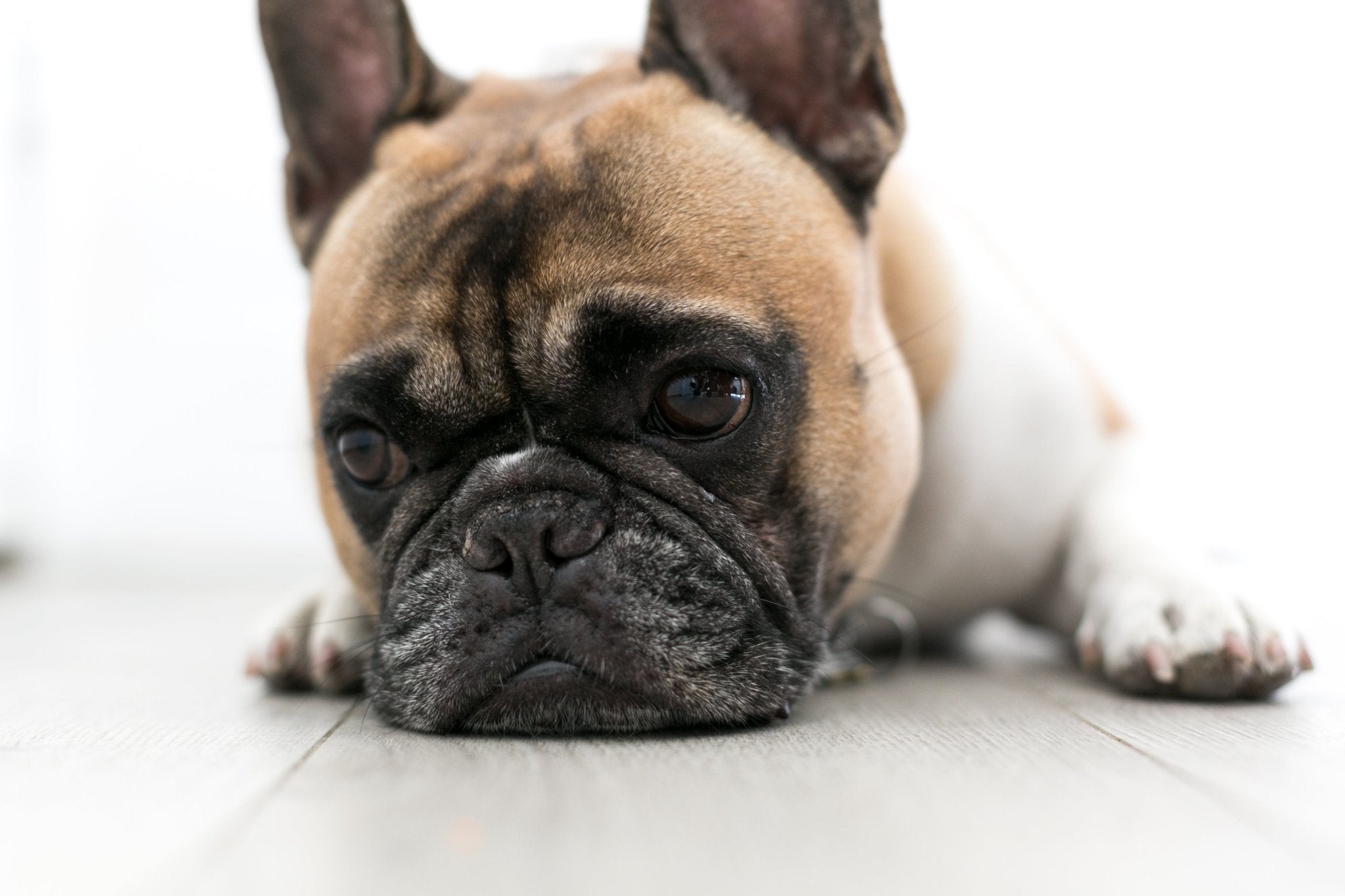
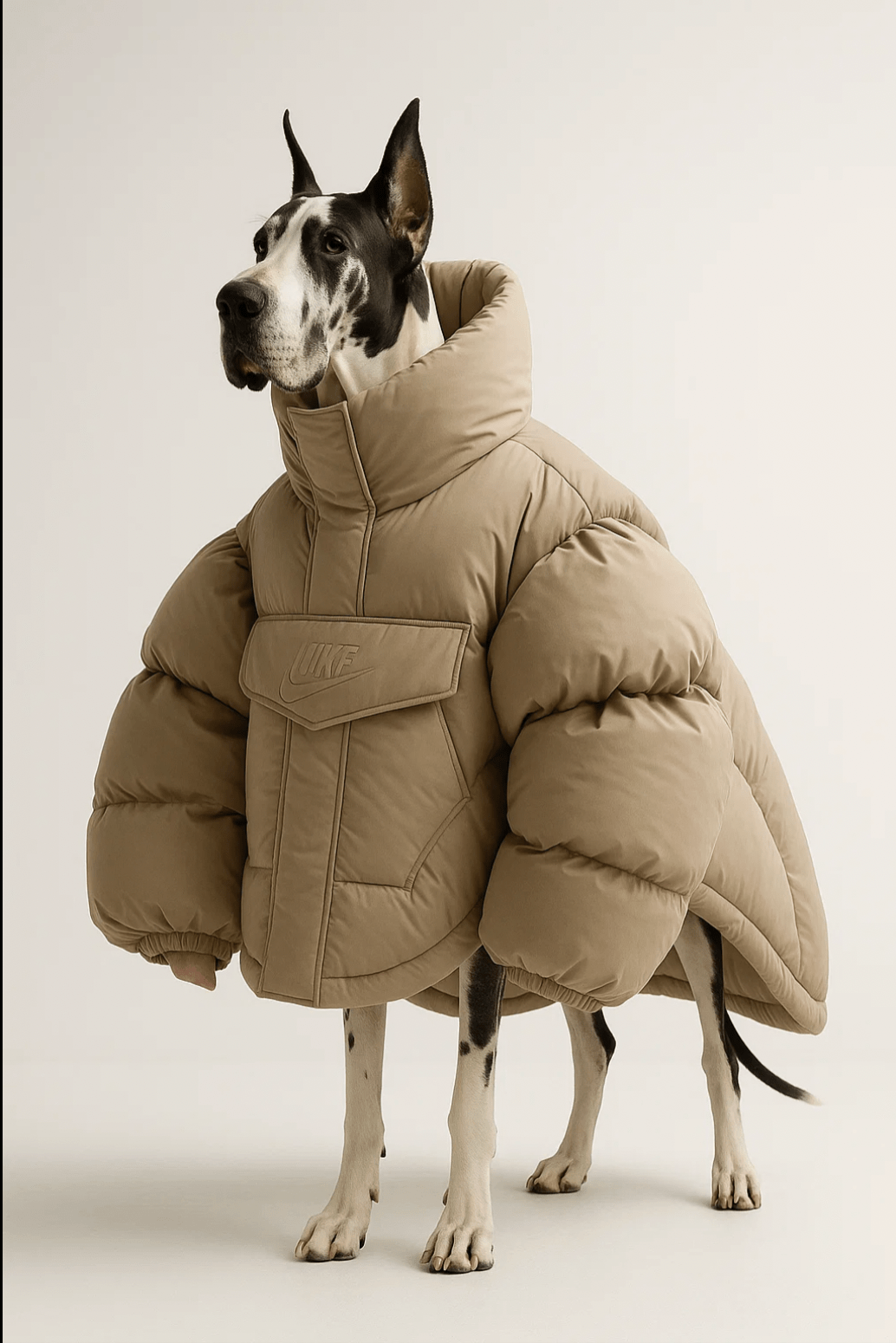

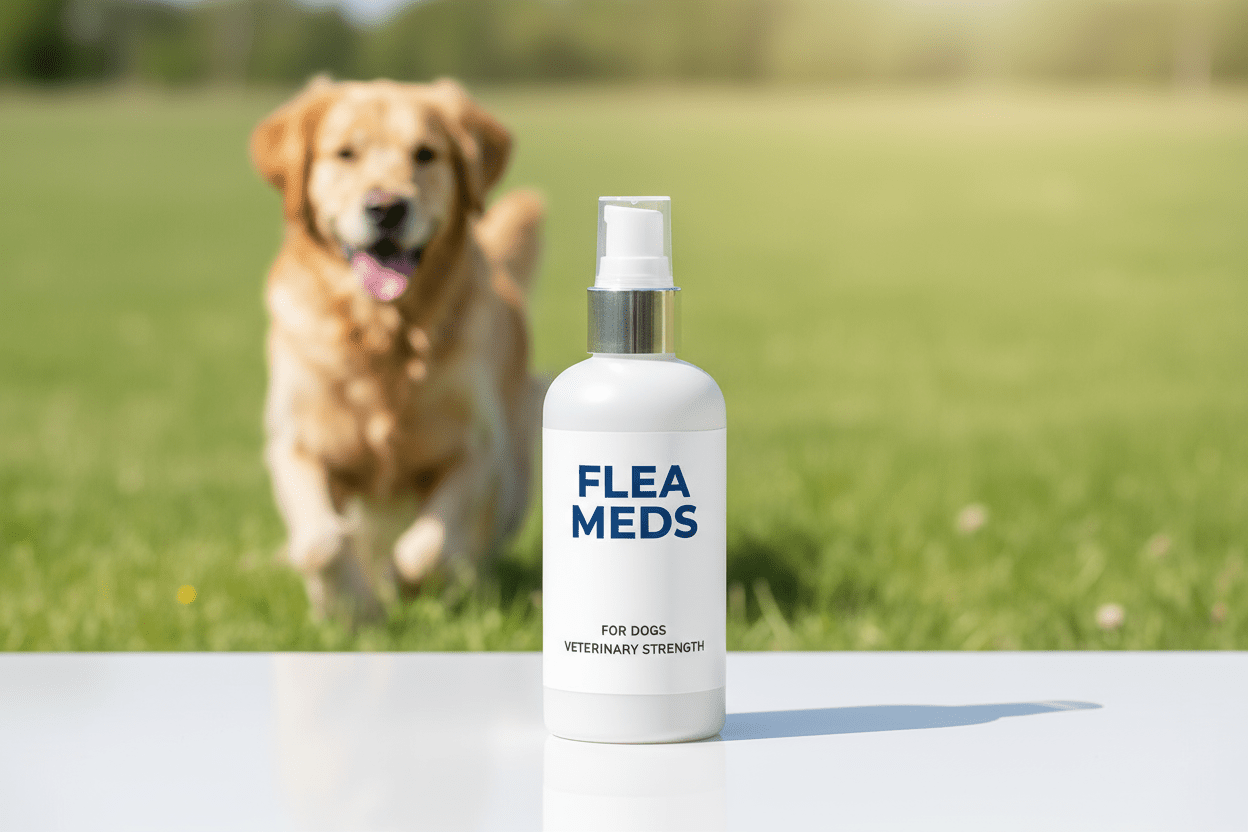
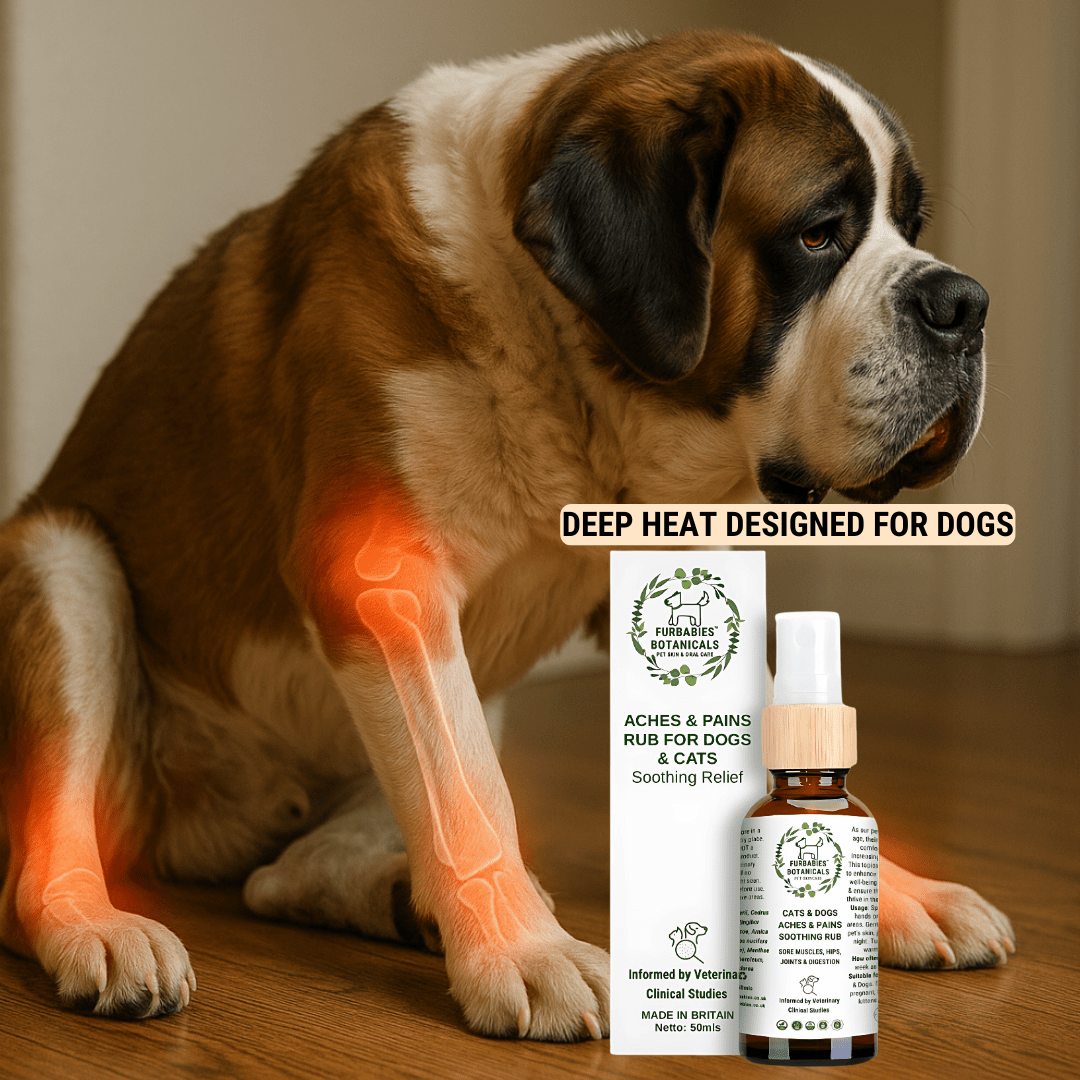
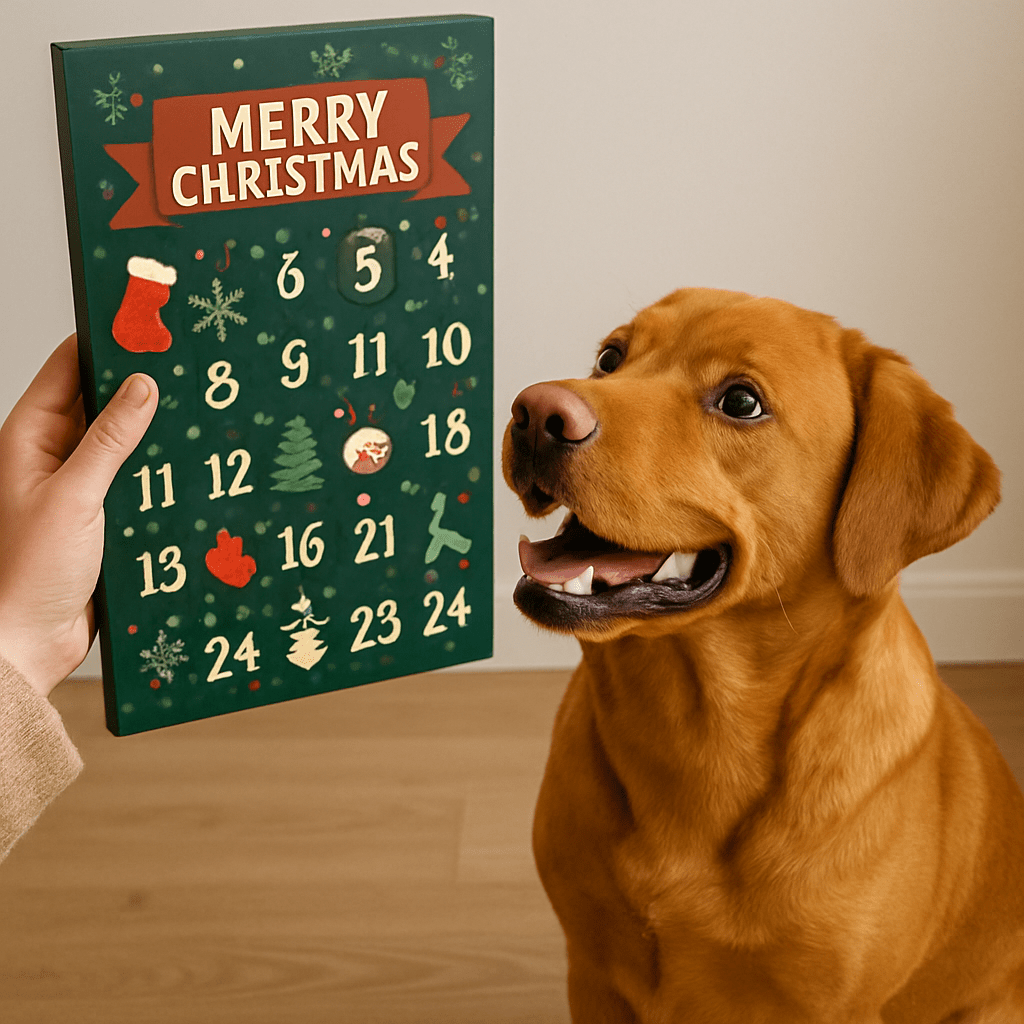
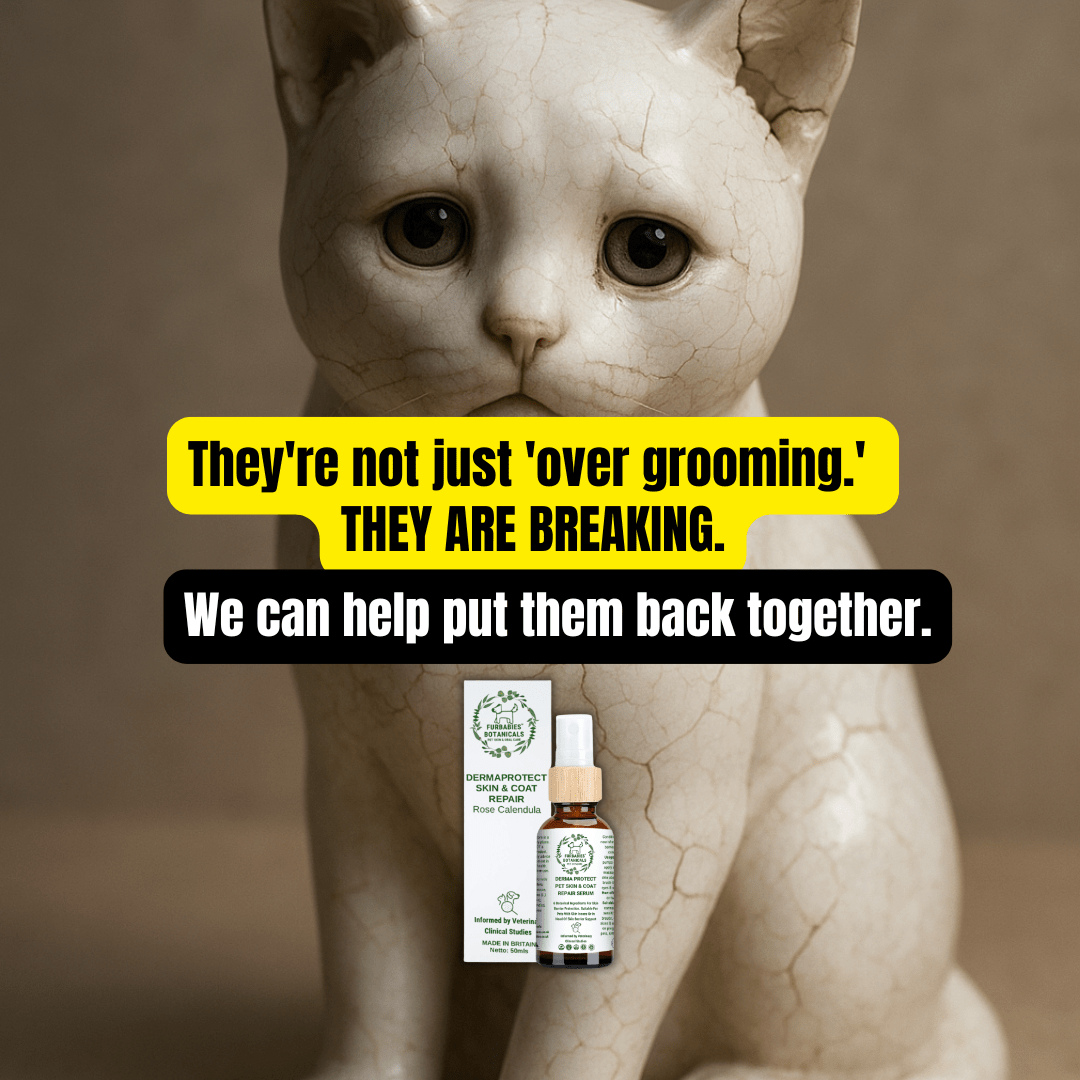
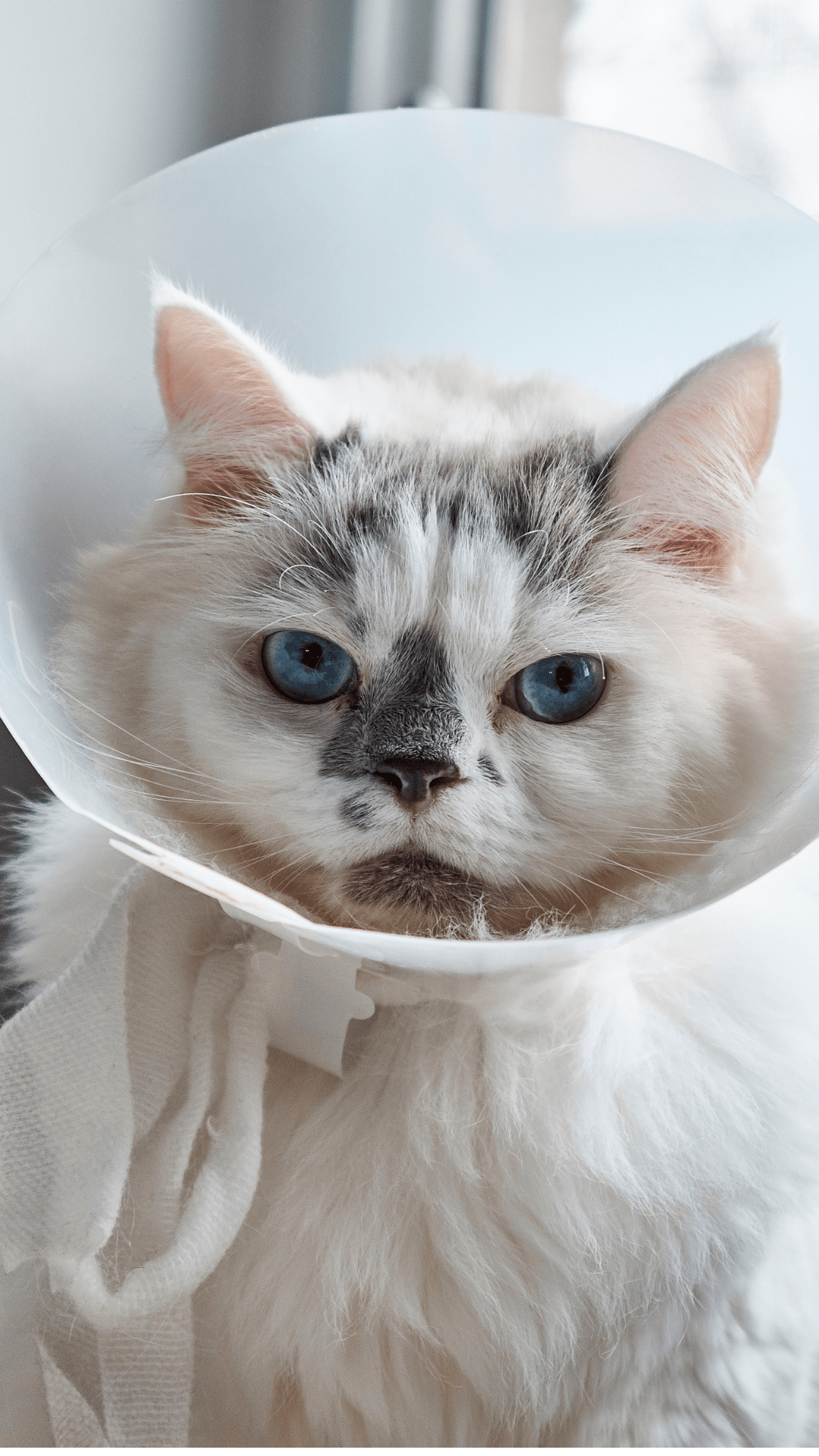
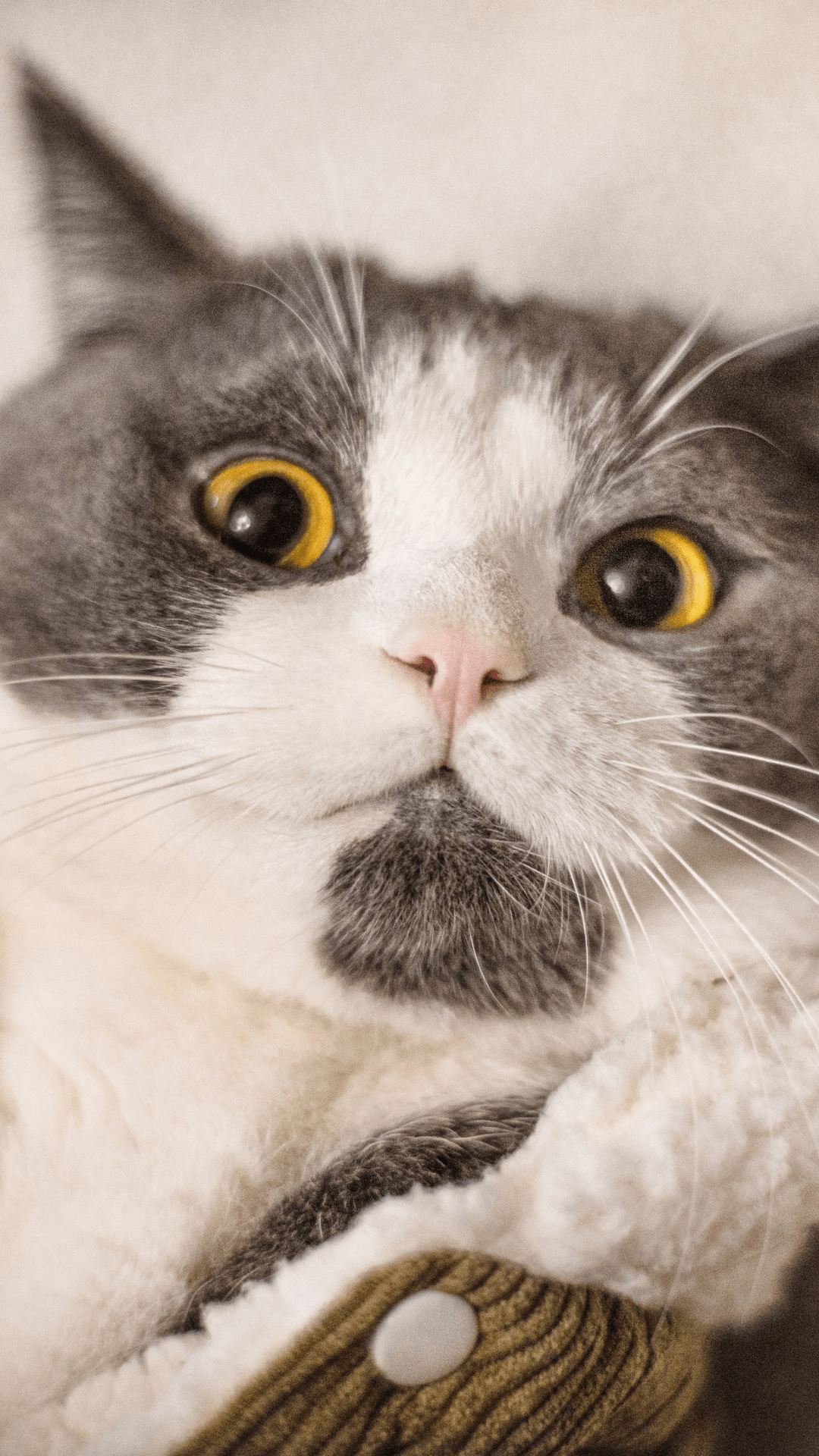
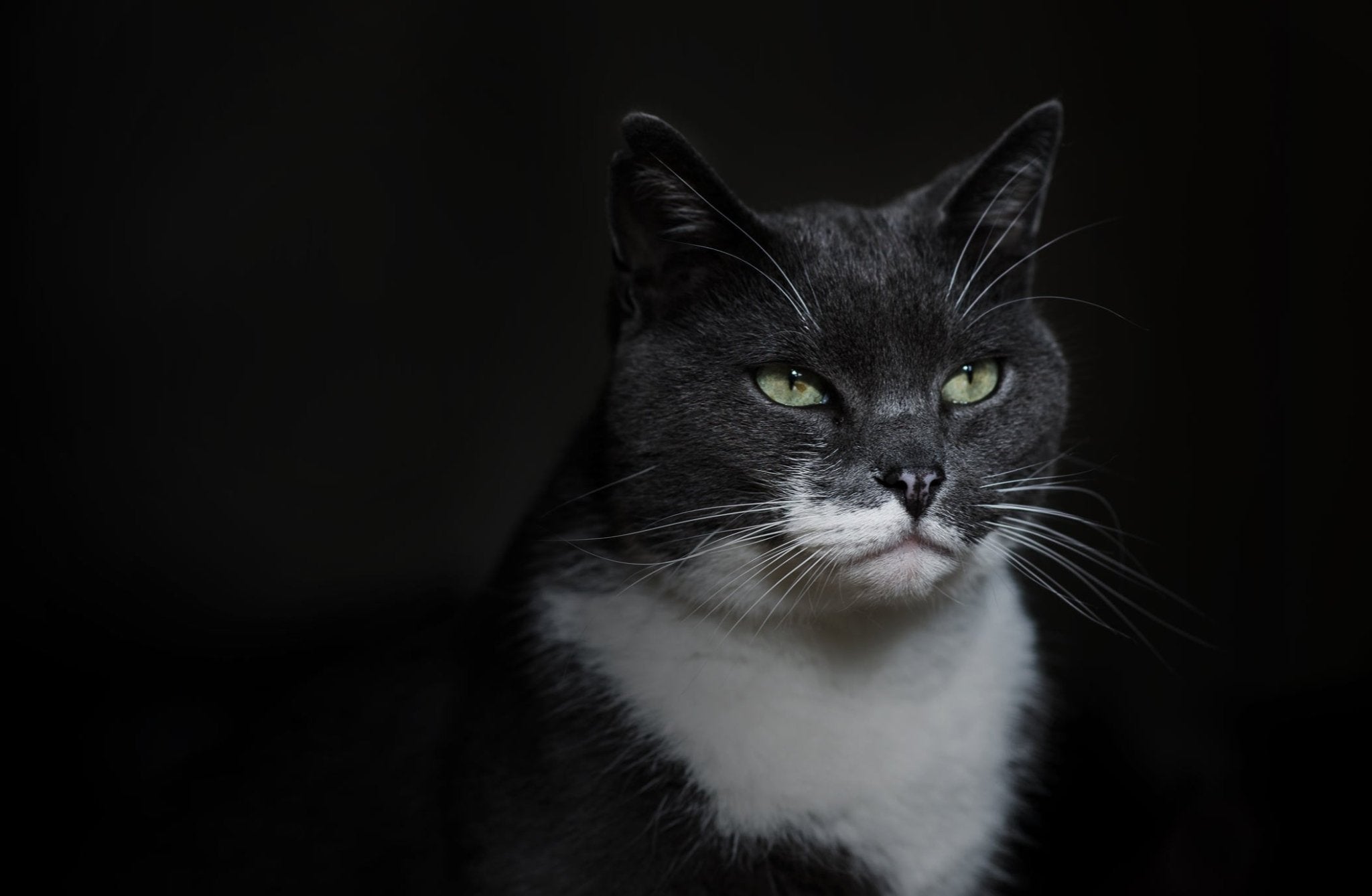
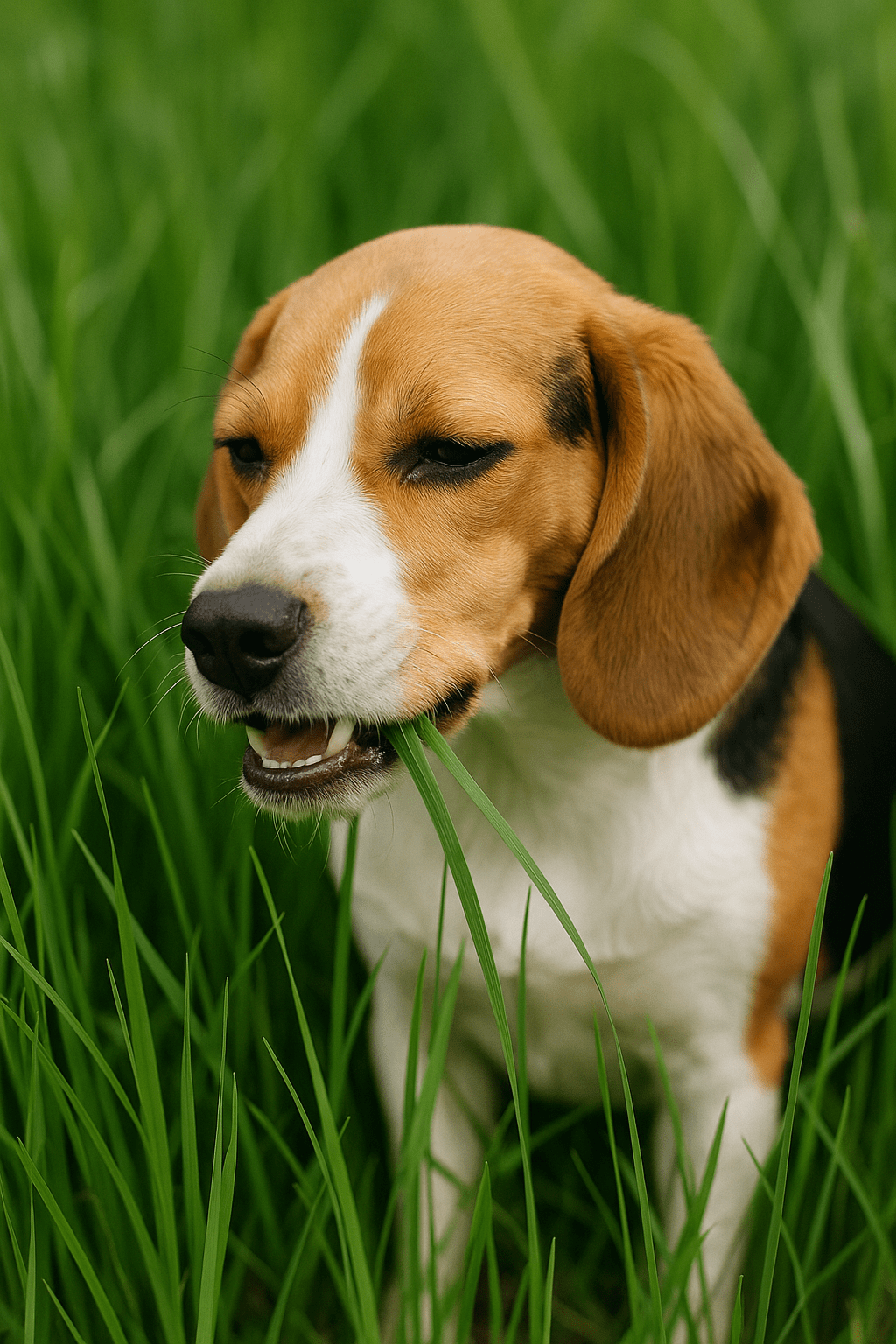
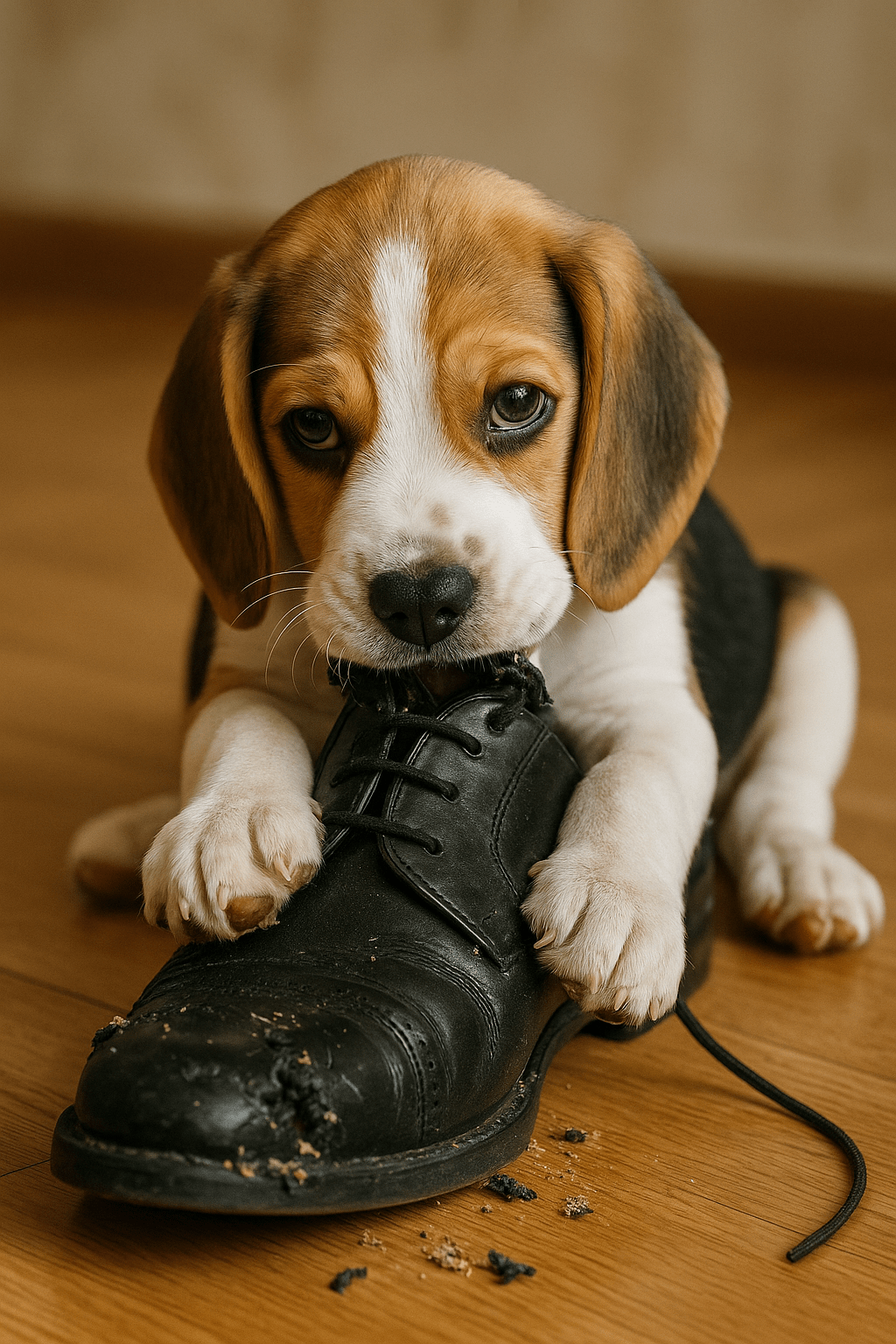
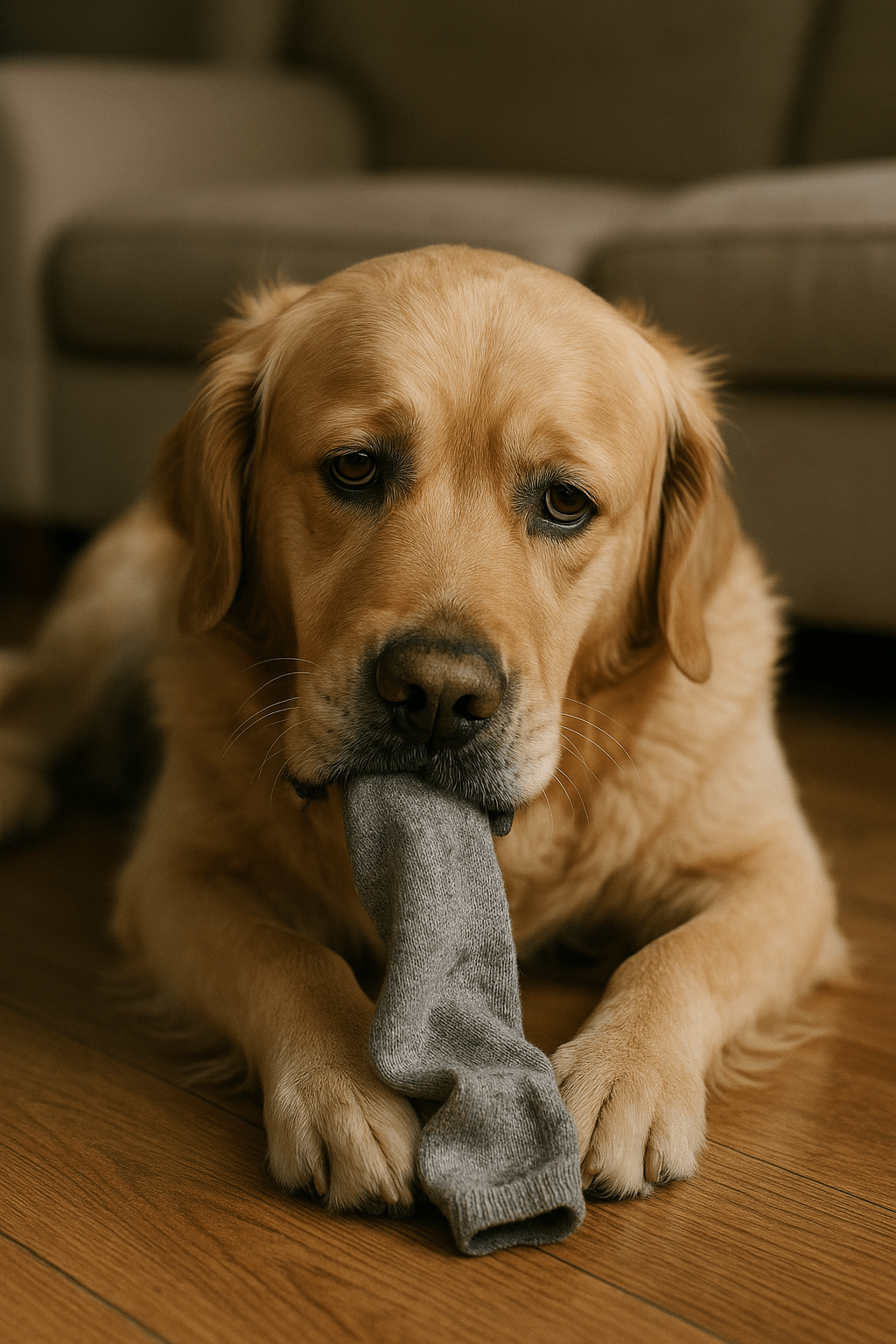
Share:
Tips for Grooming Pets with Sensitive Skin
Dog whining in Sleep - Pain FAQs Part 1